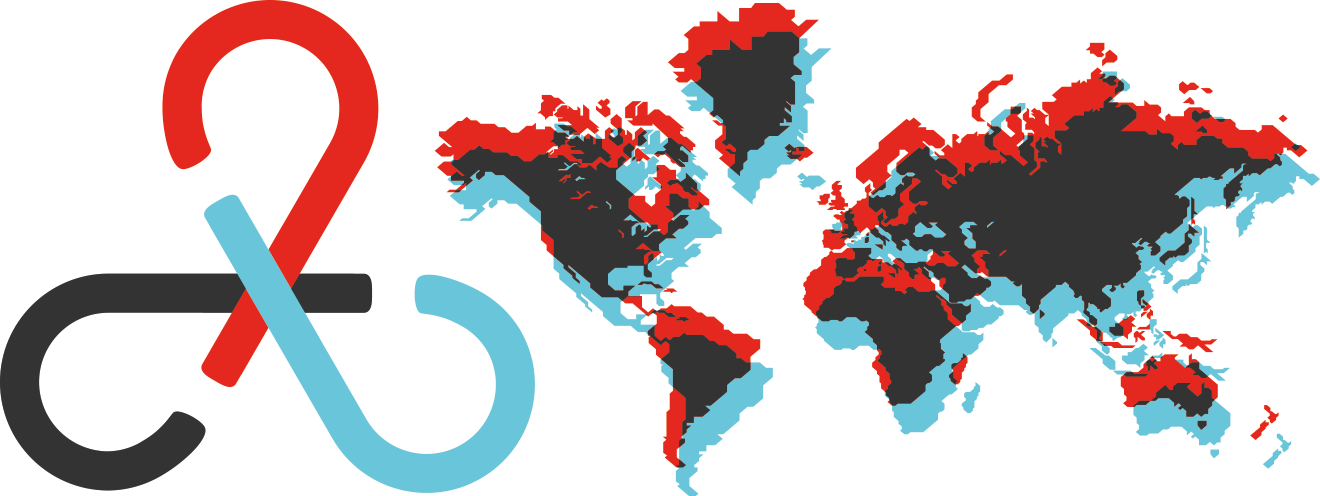Rethinking SLIC* is a research project (2018 - 2025) that aims to develop a legal framework, based on theory and practice, for determining the outer limits of secondary liability for international crimes and serious human rights violations. Questions of secondary liability arise when a person, company, or State is complicit in the commission of unlawful acts. The perpetration of international crimes and serious human rights violations often depends on a wide network of supporting actors, which may escape liability because of possible shortcomings in the law. As such, establishing an improved framework for secondary liability is a pressing issue, particularly in the current era of globalisation where assistance for such acts transcends national borders and when the ultimate harm is particularly grave, as is the case with mass atrocities.
Rethinking SLIC* focuses on secondary liability in several areas of law: international human rights law, criminal law, tort law, the law of State responsibility and due diligence obligations.
Business and Human Rights
Recent noteworthy developments in the field of business and human rights form an important component of Rethinking SLIC*. Over the course of the last decade, the idea of corporate social responsibility has garnered great attention, and companies are increasingly encouraged to operate ethically and in compliance with human rights law. At present, a treaty on the human rights obligations of businesses is even being negotiated.
While it makes sense to take the obligations of corporations seriously, especially when they have a significant amount of power and influence globally, it is seldom the case that a company’s business includes direct engagement in human rights violations. Instead, the academic and practical discussions centre primarily around the issue only when corporate liability arises because a company assists in or benefits from human rights violations. Taking into account the role of corporations in today’s interdependent and globalised world, Rethinking SLIC* will comprehensively address the content and scope of secondary liability for companies involved in human rights violations and is thus at the core of the business and human rights debate.



